
OR
Pinching pennies
Published On: November 22, 2017 02:00 AM NPT
Capital expenditure
The folly of low capital spending for most of the year followed by a mad rush to spend all that remains at year-end is being repeated this fiscal, too. In the first four months of this fiscal, the government has been able to spend a woeful 6.25 percent of capital budget, which, though an improvement on 5 percent expenditure for comparable period last year, is hardly promising. Interestingly, the government this year had brought the budget on time and it had also cut short the lengthy project approval process—and yet the spending is so poor. Contrast this with recurrent expenses, which are used to pay salaries of lawmakers and bureaucrats, among other things, which is already 22.74 percent of the total budgeted amount. We are most certainly not suggesting that civil servants should not get their salaries on time. But, clearly, the disparity in capital and recurrent expenditures is as strong an indication as any of the misplaced priorities, and the self-serving nature, of our planners and policymakers. If they spend evenly all-year-round, then their chance of misusing government coffers is drastically cut—and hence the year-end rush to complete outstanding projects.
When questioned, senior government officials make all kinds of excuses for poor capital spending. In 2015, it was the earthquakes and the blockade. In 2016, too, the blockade was blamed, coupled with lack of progress on post-quake reconstruction. But what explains the poor outlay in 2017? Elections, perhaps? The real culprit is corruption and the lethargic ways of our bureaucrats. Talk to the folks at the Investment Board of Nepal, for instance, and they will tell you how our bureaucrats have become masters at delaying projects—for the want of the right paperwork, or because they don’t stand to personally profit. Countless investors have run back home after being stymied in the projects they were supporting. This is not how a 21st-century bureaucracy works. And this is not the way to boost our anemic economic growth. The growth forecast at the start of the year was around 7 percent, and it has been steadily declining. This is large because there has been zero political commitment to push through vital projects. The attention of the political class has been firmly on the three tiers of elections, to the exclusion of all the other important duties.
What is the way out then? Perhaps there could be a system that rewards the politicians and bureaucrats who are good at timely and judicious capital spending. But there should also be a concomitant system to punish the civil servants who shun work or needlessly sit on important files for months on end. More than that, things won’t improve until and unless the country’s political leadership can demonstrate the political will and long-term vision for development. This is why, in the upcoming elections, people should only vote for those candidates who have solid record of public service, or for new candidates who offer a credible way out of the current state of inaction and inertia.
You May Like This
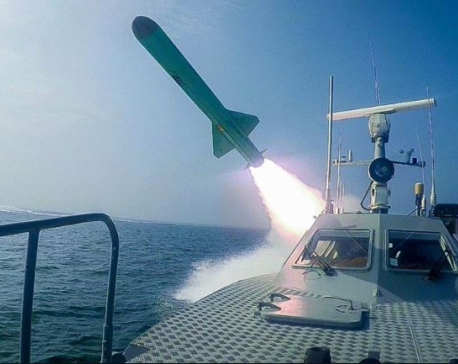
Iran’s counterstrike
The Middle East, indeed, the entire international community, was on tenterhooks after Israel struck the consular section of Iran’s embassy... Read More...

Do not make the probe committee a ploy to cover up crimes
In our country, almost all controversial events or decisions are investigated. Although such incidents are examined by probe committees, their... Read More...
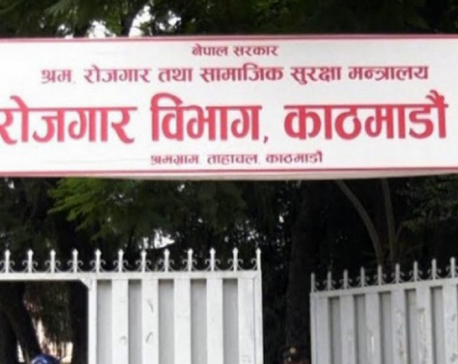
Enhancing public service delivery: The labor permit approval model
It is said that the word 'impossible' is only in the dictionary of fools. From flying airplanes to developing radios,... Read More...
Just In
- KMC to organize a month-long skill fair from May 1
- Birgunj Metropolis collects over Rs 360 million in revenue
- NEPSE plunges below 2,000 points after one and a half months; daily turnover declines to Rs 2.10 billion
- AI Index Report-2024: AI still behind humans on complex tasks like competition-level mathematics
- Daiji-Jogbudha road construction at snail’s pace
- Govt fails to adopt podway technology despite its potential in Nepal
- Jhulaghat border crossing in Baitadi to remain closed from this evening
- Universities will be free from partisan interests: Education Minister







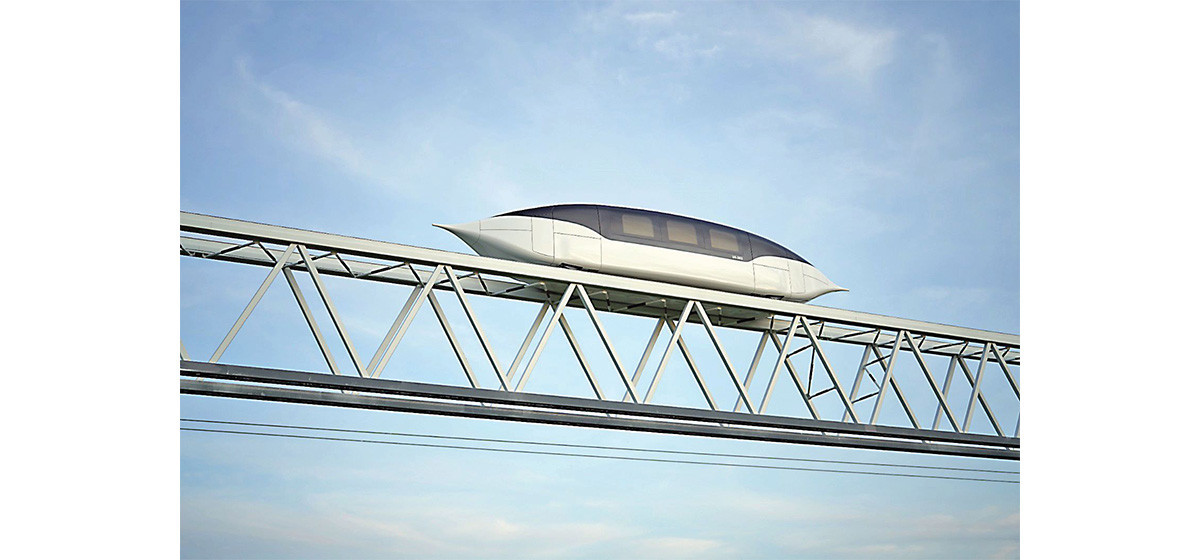




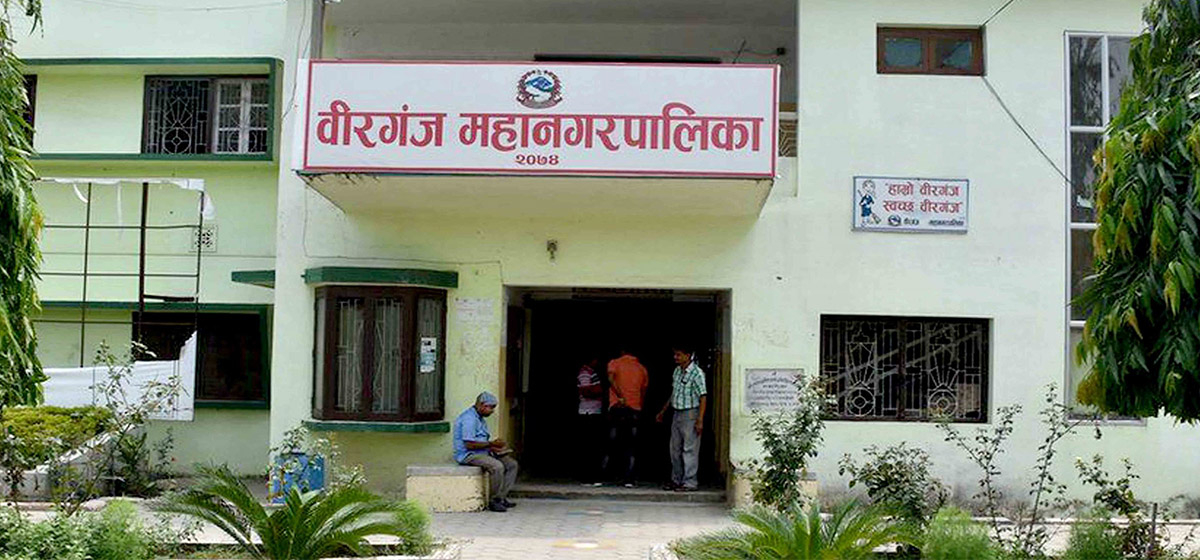


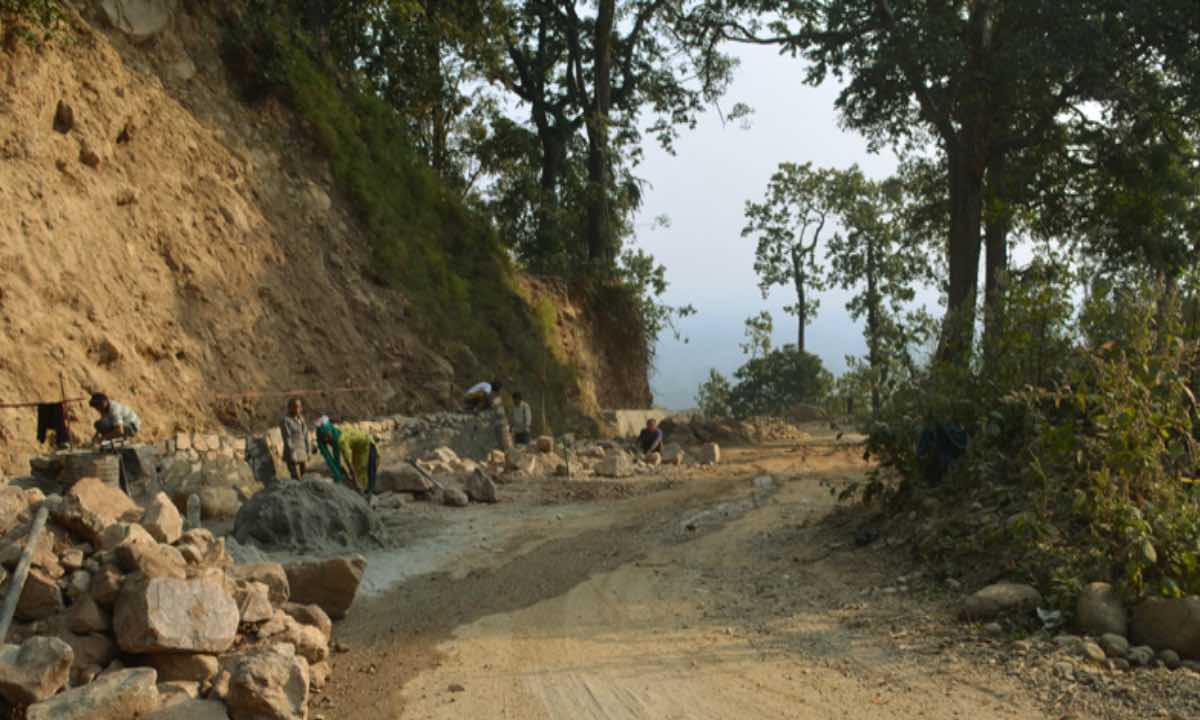
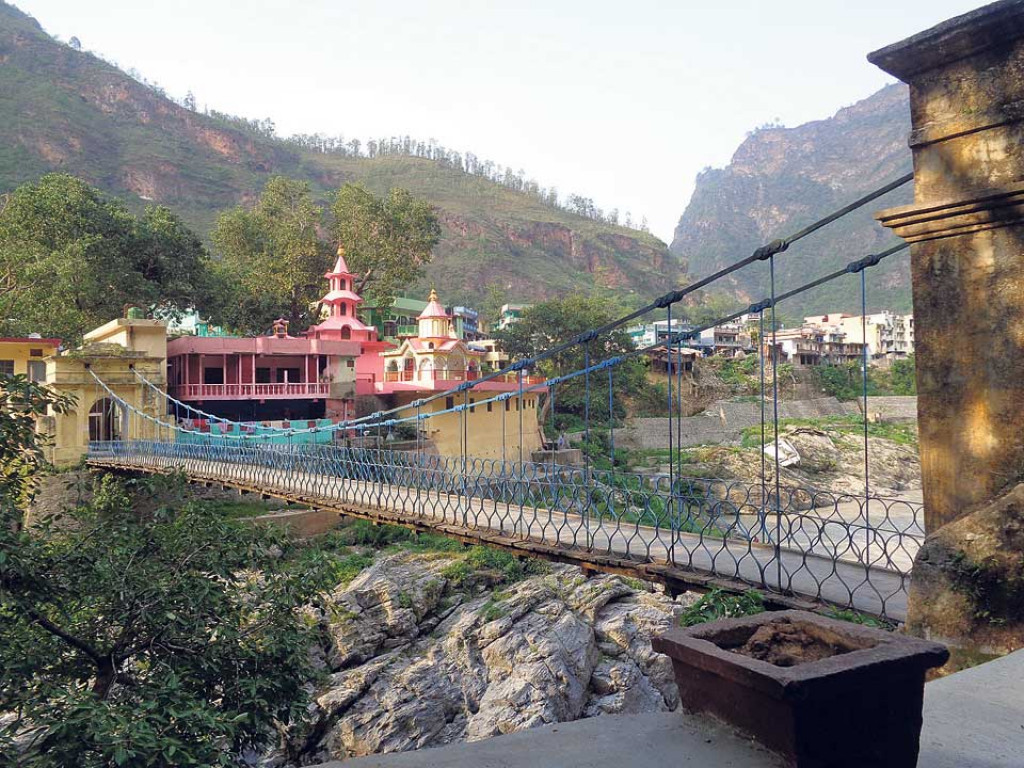
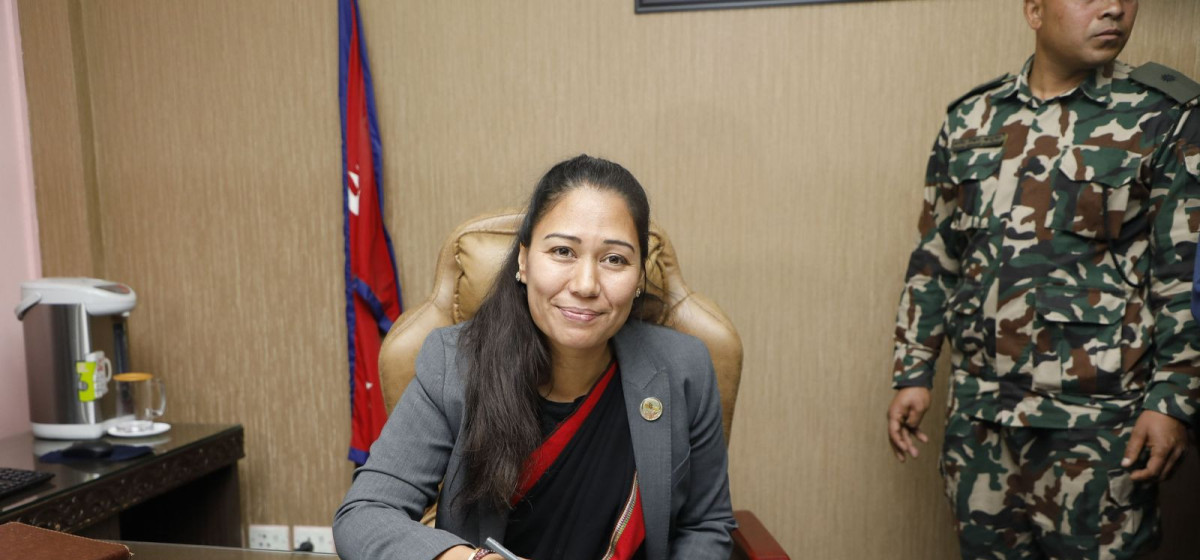
Leave A Comment